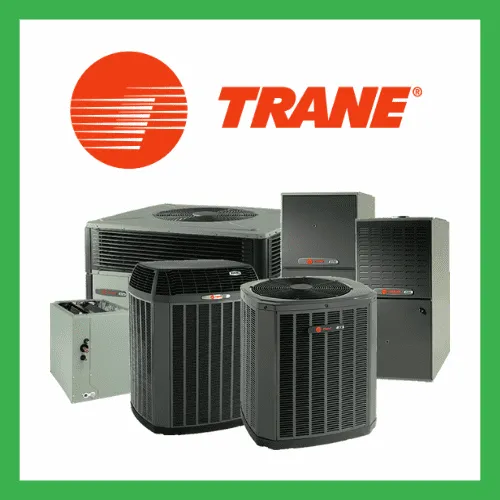What is the difference between grille and diffuser? Both grilles and diffusers are essential components of an HVAC system, playing a role in air distribution. However, they have distinct purposes and designs. Let’s delve into the world of grilles and diffusers, exploring their key differences, functionalities, and applications.
Understanding Grilles:
A grille, in the context of HVAC, is a basic vent cover typically installed on walls, ceilings, or floors. Here’s a breakdown of its key characteristics:
- Function: Grilles primarily allow air to pass through them. They don’t offer significant control over the airflow direction. Fixed grilles have a static pattern of openings, while some grilles might have a basic damper for on/off airflow control.
- Design: Grilles are generally simpler in design compared to diffusers. They consist of a frame with openings or a perforated plate. While some grilles can be aesthetically pleasing, their primary focus is functionality.
- Applications: Grilles are commonly used for both supply air (delivering conditioned air) and return air (drawing air back into the HVAC system for re-conditioning). Fixed grilles are often used on return air vents, while adjustable grilles (with dampers) might be used for supply air in specific situations.
Understanding Diffusers:
Diffusers are more specialized components designed for optimal air distribution within a space. Here’s what sets them apart:
- Function: Diffusers not only allow air to pass through but also have the capability to significantly influence the direction and pattern of airflow. They often incorporate angled vanes, blades, or intricate designs that help to mix, diffuse, and disperse the air throughout the room.
- Design: Diffusers have a more complex design compared to grilles. They utilize various features like adjustable vanes, curved blades, or specific geometric shapes to achieve targeted airflow patterns. Diffusers can also be more aesthetically elaborate, sometimes featuring architectural details.
- Applications: Diffusers are primarily used for supply air applications. Their ability to control airflow direction makes them ideal for achieving even temperature distribution and preventing drafts. They are commonly used in ceilings but can also be found on walls or floors.
Key Differences in a Nutshell:
Here’s a table summarizing the key differences between grilles and diffusers:
| Feature | Grille | Diffuser |
|---|---|---|
| Primary Function | Allows air passage | Controls airflow direction and distribution |
| Design | Simpler, with fixed or basic adjustable features | More complex, with intricate vanes or blades |
| Airflow Control | Limited | Significant, with directional control |
| Applications | Supply air (limited), return air | Primarily supply air |
Choosing Between Grilles and Diffusers:
The choice between a grille and a diffuser depends on your specific needs:
- For basic air passage: A simple grille is sufficient for return air vents or situations where airflow direction isn’t critical.
- For even temperature distribution: A diffuser is the preferred choice, especially in larger rooms or those with complex layouts.
- For draft prevention: Diffusers with adjustable vanes can help to direct airflow away from occupants, preventing drafts.
- For aesthetics: Both grilles and diffusers can come in various styles. Diffusers might offer a wider range of decorative options.
Additional Considerations:
Beyond the core differences, here are some additional points to consider:
- Cost: Generally, diffusers are more expensive than grilles due to their more complex design.
- Installation: Both grilles and diffusers require proper installation for optimal performance. Consider consulting an HVAC professional.
- Maintenance: Regular cleaning of both grilles and diffusers is essential to prevent dust buildup and ensure efficient airflow.
Conclusion:
Grilles and diffusers are both vital components of an HVAC system, but they serve distinct purposes. Understanding the key differences between their functionality, design, and applications will help you choose the right option for your needs. opt for grilles for basic air passage and consider diffusers for optimal air distribution and draft control. By making an informed choice, you can ensure a comfortable and efficient HVAC system within your space.
Looking to install a commercial HVAC System or Duct work in your Business Area?
Contact Vipul Ac to learn about our HVAC Service
Call +91 9825636606 Today.

